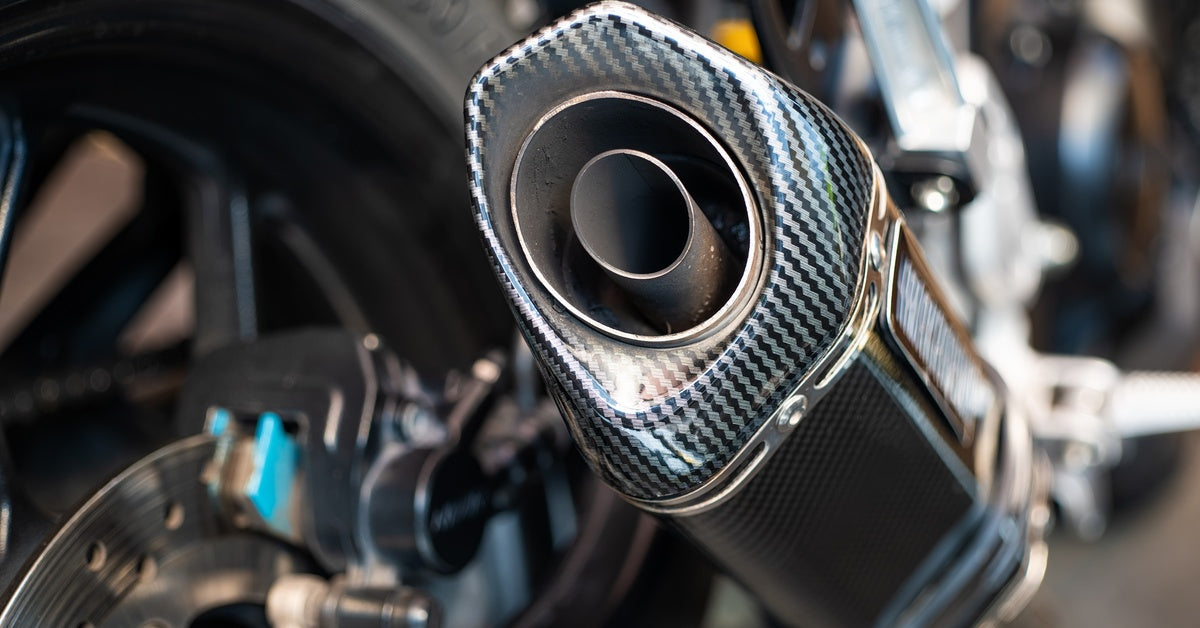
A move to form a national registry for historic vehicles is getting mixed responses from the classic car collecting community.
E3 Spark Plugs recently learned that a group of classic history buffs is shooting for a national registry for historic cars – much like the federal government’s registries for historic homes, buildings, boats, airplanes, railways. While it seems a great idea on the surface, many classic car collectors are crying foul.
The Historic Vehicle Association, founded in 2009 by Hagerty Insurance on behalf of its vintage car clients, says such a move will provide federal protection for vehicles in the same way that such legislation ensures the preservation of historic homes and buildings. But many auto enthusiasts question how cars will be selected for the registry.
“Is a split-window 1963 Corvette discovered in a barn more worthy of protection than a mint-condition 1977 Caprice? After all, both have historic value,” says Autoweek writer Mark Rechtin in a recent blog. “What if you change the paint color on a 1962 Lotus Elite from green to blue after it has been registered, or put a Chevy small block in a Jaguar E-Type?”
Outside of the type, age and condition, vehicles may also be considered for the register if they were owned, designed, built or engineered by someone famous or notable. Automobiles tied to historic events also would be eligible. The 1961 Lincoln Continental limousine that President John F. Kennedy was riding in when he was assassinated is a prime example (It’s housed at the Henry Ford Museum in Dearborn, Michigan).
Protecting such vehicles is clearly important, most agree. But critics of the move say they’re leery of government encroachment upon their investments. They want to be sure they won’t be restricted when it comes to repairs and upgrades to classic cars still in use. And they’re concerned that it may result in taxation of vehicles considered gas guzzlers or in vintage cars being sent to the crusher.
“Lord knows the government intervening in our everyday lives has reached unprecedented levels, says David Kochinski of the University of Wisconsin–La Crosse in posted response to the story. “But, what do we have to protect us now? I applaud any effort to preserve cars of historical significance. I would prefer SEMA to take the first steps in preserving our collector cars. They are a powerful lobby in Washington and are in tune with the majority of owners in preserving vehicles or updating them with more modern technology. The more involved in this effort, the better. I sure don’t want to wake some morning hearing my car is banned for street use by some out-of-touch-dweeb in Washington.”
“People assume we’re talking about cars that should be in the Smithsonian, but that’s not the case,” assures insurance magnate McKeel Hagerty. “These cars are used, and they are required to be used. Just like historic homes allow upgrading from knob-and-tube wiring, we allow upgrading of classic cars.”
Ironically, the move could help limit government’s fingerprints on your historic vehicle.
“The potential opportunity would be to federally protect historic vehicles from things like ethanol mandates, emissions testing, driving or zoning restrictions, and tax or registration increases,” association member Bob Baggette says. “Not all historic vehicles need to be placed in the registry, and it is completely voluntary.”
Association reps assure that the move is strictly in the discussion phase right now and that input would be actively solicited from the collector community every step of the way. What do you think? Post your thoughts to the E3 Spark Plugs blog or our E3 Spark Plugs Facebook fan page.







